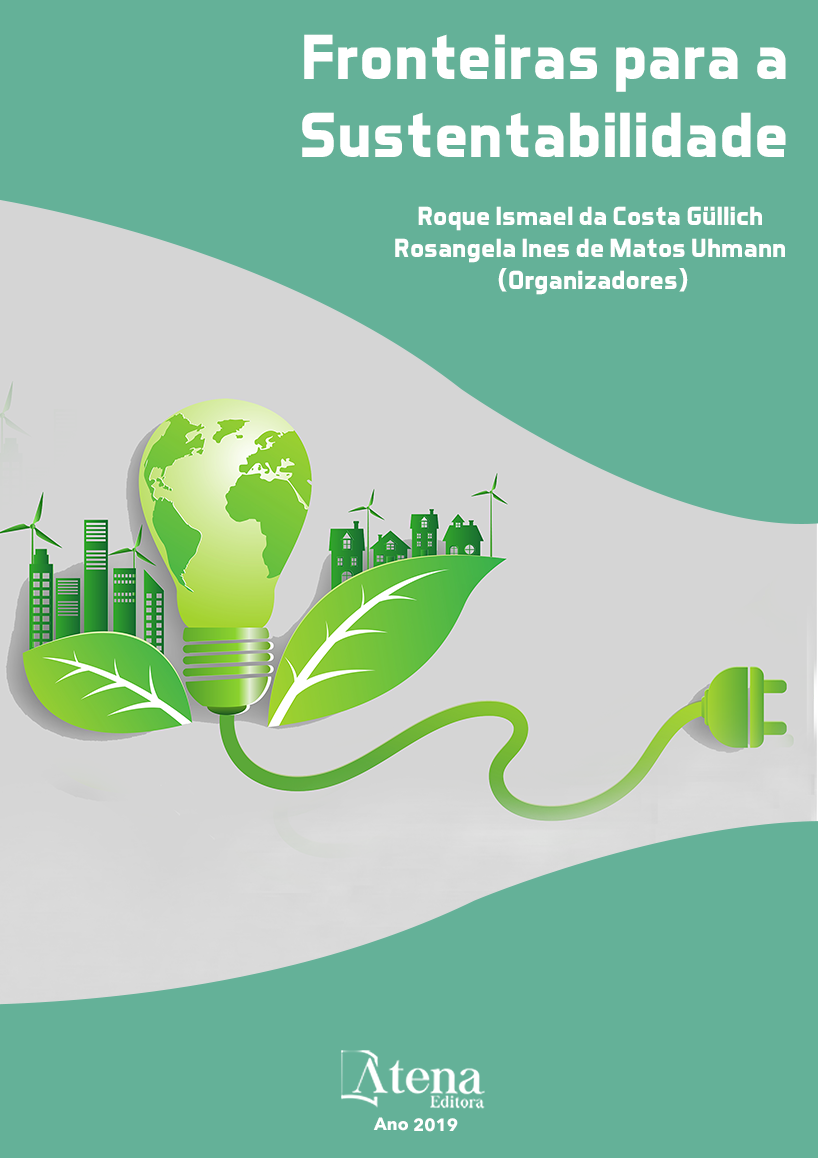
TRATAMENTO E DESTINAÇÃO DOS RESÍDUOS ORGÂNICOS DO MERCADO PÚBLICO MUNICIPAL DA CIDADE DE SÃO JOÃO DOS PATOS-MA
No presente trabalho objetivou-se
identificar os resíduos orgânicos gerados no
Mercado Municipal da cidade de São João dos
Patos - MA, assim como averiguar a forma de
tratamento e destinação final dos mesmos. Para
obter essas informações realizou-se uma visita
ao mercado municipal, e por meio de entrevistas
aos feirantes foi possível conhecer os produtos
comercializados, as dificuldades enfrentadas,
e a forma de gerenciar os resíduos. Dos 26
(vinte seis) boxes existentes, 14 (quatorze)
comercializam frutas e hortaliças; 10 (dez) carne
bovina, 1(um) pescado e 1(um) frutas, hortaliças
e carnes. Devido a exigência do consumidor,
os produtos, mesmo antes do período de
senescência são rejeitados por pequenas lesões
que afetam suas características sensoriais,
deste modo, acabam sendo descartados pelos
feirantes e armazenados em sacos plásticos.
Os feirantes que possuem animais domésticos
recolhem os ossos e as aparas de carnes e
levam para suas residências para o consumo
desses animais. Quinzenalmente, as frutas e
hortaliças são doadas para o Centro Espírita
da cidade que produz uma sopa comunitária
para população carente. Mas, na sua maioria,
esses resíduos são direcionados para o lixão
municipal. De acordo com o apresentado, podese dizer que os resíduos orgânicos gerados não
são aproveitados corretamente, além de serem
encaminhados para o lixão da cidade, forma
esta inadequada de destino final, os mesmo
poderiam ser aproveitados para produção de
adubos, farinhas de carnes e ossos e farinhas de
peixe, diminuindo o impacto no meio ambiente
e se tornando matéria-prima para a produção
de outros produtos.
TRATAMENTO E DESTINAÇÃO DOS RESÍDUOS ORGÂNICOS DO MERCADO PÚBLICO MUNICIPAL DA CIDADE DE SÃO JOÃO DOS PATOS-MA
-
DOI: 10.22533/at.ed.5461901105
-
Palavras-chave: empreendimentos, gerenciamento, aproveitamento, reaproveitamento, resíduos.
-
Keywords: The present work aimed to identify the organic residues generated in the Municipal Market of the city of São João dos Patos - MA, as well as to determine the form of treatment and final destination of the same. To obtain this information, a visit was made to the municipal market, and through interviews with the market participants, it was possible to know the products sold, the difficulties faced, and how to manage the waste. Of the 26 (twenty six) existing boxes, 14 (fourteen) market fruits and vegetables; 10 (ten) beef, 1 (one) fish and 1 (one) fruits, vegetables and meats. Due to the requirement of the consumer, the products, even before the senescence period are rejected by small lesions that affect their sensorial characteristics, in this way, end up being discarded by the marketers and stored in plastic bags. Farmers who own domestic animals collect the bones and the cuttings of meat and take them to their residences for the consumption of these animals. Fortnightly, fruits and vegetables are donated to the city’s Spiritist Center, which produces community soup for the needy population. But, for the most part, these wastes are directed to the municipal dump. According to the presented, it can be said that the organic wastes generated are not used correctly, besides being sent to the city dump, this way unsuitable of final destination, the same could be used for the production of fertilizers, meats and bones and fish meal, reducing the impact on the environment and becoming raw material for the production of other products.
-
Abstract:
The present work aimed to identify the organic residues generated in
the Municipal Market of the city of São João dos Patos - MA, as well as to determine
the form of treatment and final destination of the same. To obtain this information,
a visit was made to the municipal market, and through interviews with the market
participants, it was possible to know the products sold, the difficulties faced, and how
to manage the waste. Of the 26 (twenty six) existing boxes, 14 (fourteen) market fruits
and vegetables; 10 (ten) beef, 1 (one) fish and 1 (one) fruits, vegetables and meats.
Due to the requirement of the consumer, the products, even before the senescence
period are rejected by small lesions that affect their sensorial characteristics, in this
way, end up being discarded by the marketers and stored in plastic bags. Farmers who
own domestic animals collect the bones and the cuttings of meat and take them to their
residences for the consumption of these animals. Fortnightly, fruits and vegetables
are donated to the city’s Spiritist Center, which produces community soup for the
needy population. But, for the most part, these wastes are directed to the municipal
dump. According to the presented, it can be said that the organic wastes generated
are not used correctly, besides being sent to the city dump, this way unsuitable of final
destination, the same could be used for the production of fertilizers, meats and bones
and fish meal, reducing the impact on the environment and becoming raw material for
the production of other products.
-
Número de páginas: 15
- Ayla de Lucena Araújo
- Arivânia Lima de França
- João Alexandre Costa Camapum
- Maria Crisnanda Almeida Marques
- Cristina Zita de Morais Costa Dias Barbosa


